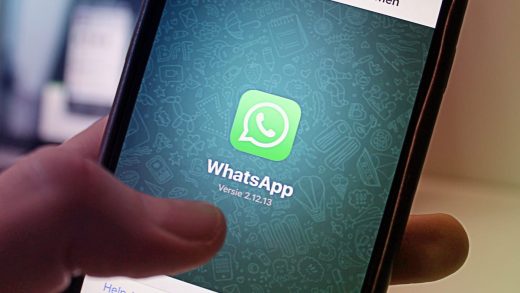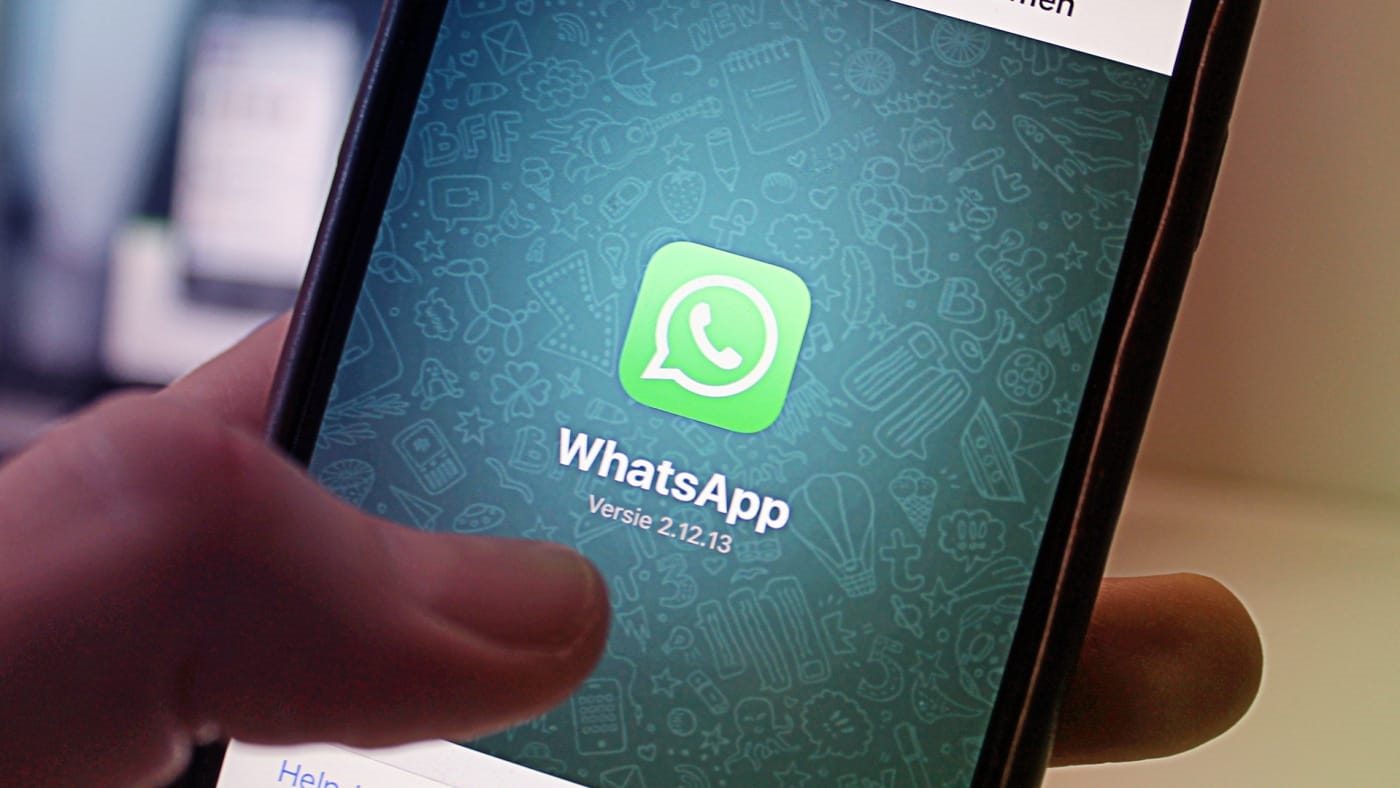How did Rachel Mitchell end up with Christine Blasey Ford’s WhatsApp messages?
Prosecutor Rachel Mitchell, asking Christine Blasey Ford questions on behalf of Republican members of the U.S. Senate Judiciary Committee today, brought up a range of topics beyond the moments of the alleged sexual assault on Ford by Supreme Court nominee Brett Kavanaugh.
In addition to asking about Ford’s therapy sessions, her fear of flying, the precise location of her childhood home, and the circumstances of her polygraph exam, Mitchell inquired about encrypted WhatsApp messages Ford had exchanged with the Washington Post. The questions led many viewers to wonder how senators got access to the messages, since WhatsApp’s encrypted texts are generally only available to their senders and recipients.
Again, how does this prosecutor have access to these encrypted WhatsApp messages between Christine Blasey Ford and the Washington Post? #KavanaughHearings
— Meghann Farnsworth (@mtfarnsworth) September 27, 2018
A spokesman for Judiciary Committee Chairman Chuck Grassley didn’t immediately respond to a request for comment. Washington Post communications director Shani George said in an email to Fast Company that the paper did not provide the messages to the Senate. The paper encourages readers to use the platform to send confidential tips.
One possibility is that Ford and her lawyers agreed to turn over the correspondence prior to the hearing.
In some cases, though, data from WhatsApp and other secure messaging platforms can also be obtained through cloud providers if users configure their phones to back up their messages. Conversations can also generally be extracted from users’ phones if they’re not deleted. There’s no indication either technique was used in this case, but the testimony may serve to remind users that messages sent through encrypted platforms can still be obtained by other people if they’re not deleted by both parties.
(29)



